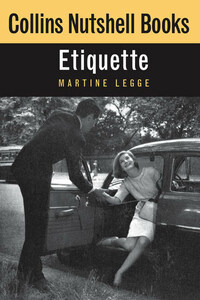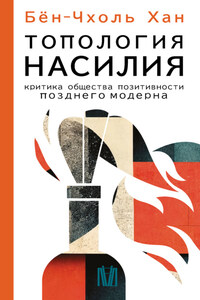First published 1964 This facsimile edition published 2009
Collins
An imprint of HarperCollins Publishers Ltd. 1 London Bridge Street London SE1 9GF
www.harpercollins.co.uk
All rights reserved under International and Pan-American Copyright Conventions. By payment of the required fees, you have been granted the nonexclusive, nontransferable right to access and read the text of this e-book on-screen. No part of this text may be reproduced, transmitted, downloaded, decompiled, reverse engineered, or stored in or introduced into any information storage and retrieval system, in any form or by any means, whether electronic or mechanical, now known or hereinafter invented, without the express written permission of HarperCollins ebooks.
HarperCollinsPublishers has made every reasonable effort to ensure that any picture content and written content in this ebook has been included or removed in accordance with the contractual and technological constraints in operation at the time of publication.
Source ISBN: 9780007295579
Ebook Edition © MAY 2012 ISBN: 9780007441440 Version: 2015-12-15
âOh what agony the mind assails
when oneâs the only one in tails and can the horror be forgot when oneâs the only one whoâs not?
âOne lives oneâs life in constant terror
of perpetrating just one error but the fear which makes my senses dumb to be the only one to come.â
ANON.
Etiquette is a means, not an end. It is a code of behaviour governing everyday activities which brings some order into relationships with other people. Etiquette (which really means good manners) will never turn you into a saint or a genius, but it will facilitate your passage through life and may enable you to achieve a position which a genius might easily fail to gain because he is a boor and antagonises others. Pleasant, helpful, amiable people who never jar or hurt others, who are considerate and peacemaking, are of great value in any society.
Manners are not always noticeable when they are good. It is when they are bad that they not only arouse anger or displeasure, but draw the attention of onlookers to all the other faults their perpetrator may possess!
Manners should always be smooth and easy. They should become part of oneâs personality and should not be mugged up before a party like facts before an examination, or they will appear contrived and false. A medieval Italian once said that civility becomes ponderous once it ceases to be gay.
You might think that some points of etiquette are utterly unreasonable or without any basis. Raising hats (a left-over from the days when knights had to raise their visors in order to be able to talk at all) and the use of certain expressions considered to be correct while others are, for no good reason, considered common, are two examples. Society is rather like a club. For better or for worse, if you wish to belong you must conform to the rules. You may well ask why you should conform. We live in a conformist world, however, and throughout history every group of people calling itself a society has conformed to something, from the taboos of primitive tribes to the status symbols of today. Good manners constitute a far greater status symbol than large cars and mink coats. Furthermore, they cost absolutely nothing!
Codes of manners have always preoccupied civilisations, societies and even great men. Confucius considered it rude to point. Cicero thought the only occupation for a âreal gentlemanâ was the pursuit of agriculture. Erasmus had some excellent ideas about manners which included the firm belief that one must not gossip, tell unkind stories, shout or mumble. One must never be too inquisitive or indulge in self-display. One must be discreet and admit to nothing which might be an embarrassment if repeated. He was a great philosopher who was mainly concerned with deeper thoughts, but his dictums might well have been those of a Lady Hortensia Bloggs or any of those thousand other serious ladies who laid down the law during the 19th century, that age of banal refinements in the âdoâs and donâtsâ of good behaviour.
Rules of etiquette change, of course, from generation to generation. Life changes and it would be foolish to retain customs which are redundant and do not fit in with other new ideas, but the basis of kindness and consideration for others never changes. While visiting cards are rapidly disappearing, writing thank-you letters has never ceased to be encouraged. You can see the difference between these two points of etiquette. One is ageless and the other is a custom of the moment. Good manners, basically, mean that you will








